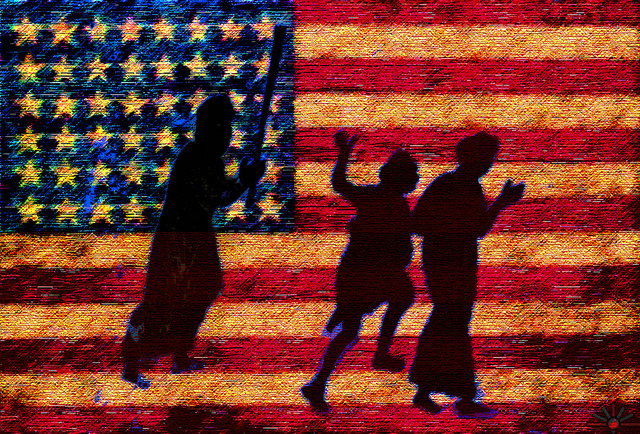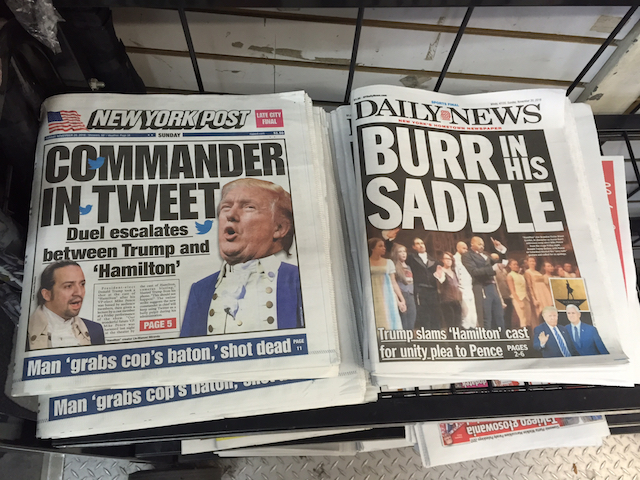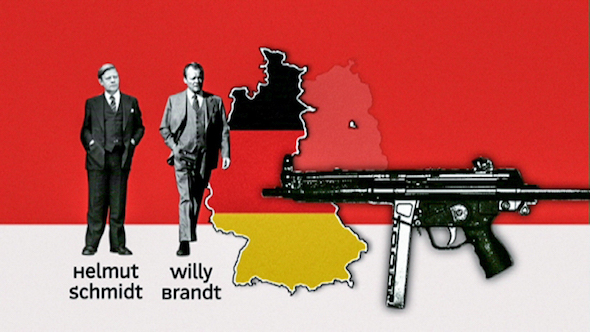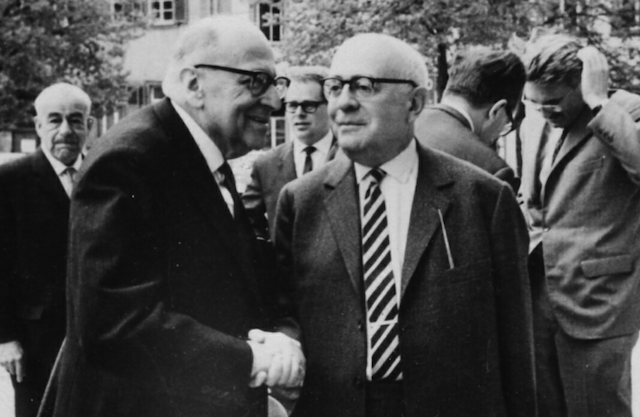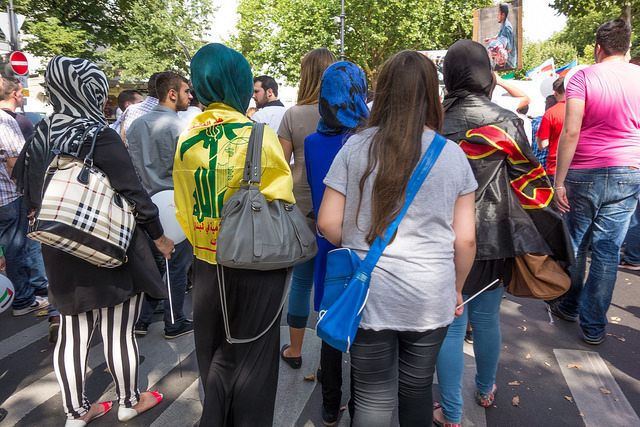If Mecca is the most holy site in Islam, Germany assumes a similar significance for fascists. So ferocious were the talkbacks on right-wing websites following Monday’s attack on a Berlin Christmas market, it was as though a pig had been set loose in a mosque. (More…)
Reads
For certain crimes mankind has ordained penalties of exceptional severity, in order to emphasise a general abhorrence. In Rome, for example, a parricide, or the murderer of any near relation, was thrown into deep water, tied up in a sack together with a dog, a cock, a viper, and a monkey, which were probably symbols of his wickedness, and must have given him a lively time before death supervened. (More…)
I have, from time to time, been wont to quote the opening passage of Horkheimer and Adorno’s Dialectic of Enlightenment. It is perhaps the most compelling statement of the deeply unsettling character of the modern world. “Enlightenment, understood in the widest sense as the advance of thought, has always aimed at liberating human beings from fear and installing them as masters.” (More…)
Verso has recently published a collection of Lewis Lapham’s essays under the title Age of Folly: America Abandons Its Democracy. If a book more apposite to our current situation has been published in the last 18 months I am unaware of it. (More…)
At the end of September, then-presidential candidate Donald Trump spent an evening on an all-out Twitter war against former Miss Universe Alicia Machado. The liberal press widely assailed Trump’s late-night fixation as proof of his absurdities and inherent misogyny. (More…)
There are moments when I am tempted to start a sub-blog that would comprise commentaries on op-eds David Brooks publishes in the New York Times. Partly this stems from the delicious Schadenfreude that one experiences while watching this leading journalistic light of moderate conservatism try to cope with Donald Trump burning the Republican Party to the ground. (More…)
It is well-known that there are currently 2.4 million people in US prisons and jails. What is less-known is that they write and are producing a new wave of American literature. (More…)
I’ve been reading Alexander Sedlmaier’s Consumption and Violence: Radical Protest in Cold War West Germany. I picked it up after seeing it in the Cambridge University Press catalog, and only subsequently did I realize that I’d seen Sedlmaier give quite an interesting presentation at a German Studies Association conference in New Orleans long ago. (More…)
As a practical matter, it seems to be very difficult to write a book about the Frankfurt School (or any of its related figures) which is not hagiographical, impenetrable, interminable, or some combination of the three. I can count on one hand the number of titles on this topic that did not prompt me to the immediate consumption of alcohol or some sort of stimulant. (More…)
In his magisterial War Without Mercy, John Dower convincingly describes how prewar anti-Japanese feelings were driven by populist American fears of Japanese immigration and actual military contingency planning, though military planners consistently underestimated the Japanese in racist terms. (More…)
The United States has always approached political Islam in a contradictory manner. Since the 1950s, when Washington first made common cause with anti-Communist religious leaders, US policy towards the Mideast has been characterized by a disconnect between rhetoric and politics, particularly in matters concerning Islamist mobilization. (More…)
Der dritte oder der vierte Mensch, by the German sociologist Alfred Weber, hardly qualifies as a classic of the literature. It was published in 1953 as the first phase of the Cold War was winding down and much of the value that it retains is due to the way that it reflects the mindset of a particular moment in history. (More…)



